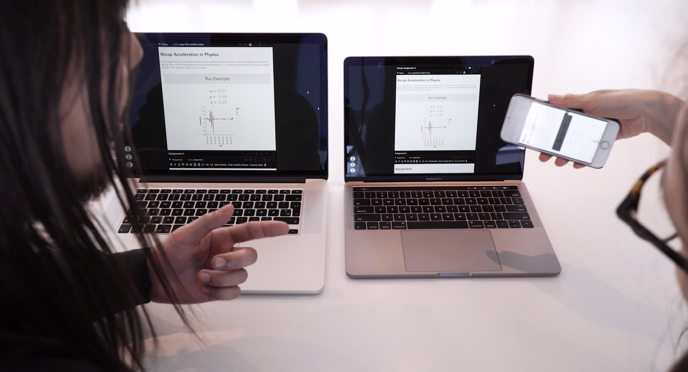Just as widespread literacy in reading and writing hinged upon the invention and spread of the printing press, ink, paper, etc., so, too, must we look at the tools and artefacts enabling (or hindering) computational thinking.
This project aims to investigate if literate computing tools might prove fruitful in supporting computational thinking activities. With a view that the tools people use and the way they think about the world is deeply intertwined, we cannot categorically separate tools and thought. Literate computing is a form of activity that involves combining differing media—prose, rich media—and executable code. Its ideological roots can be traced back to the work of people such as Seymour Papert, Andrea DiSessa, Alan Kay, and Douglas Engelbart, who viewed computers as constituting a special kind of medium that is able to extend, or augment, the human mind.

Since the mid-2000s, this sentiment has seen a revival, especially in the form of Jupyter Notebook, an implementation of literate computing with a notebook metaphor. Recently, many other literate computing tools have appeared, including Codestrates [note: link til codestrates.org]. This project will investigate what the appealing characteristics of literate computing are, and how we might introduce this paradigm into the classroom at high school levels. Further, literate computing has so far largely been taken up in data sciences, so the aim of the project is also to investigate if the paradigm is meaningful in human science domains such as language, music, or art.
The outcome of the project will be a better understanding of literate computing tools, and how these can be understood and employed as media for thought.
The project will provide a better understanding of the tools used for computational thinking activities. If we assume that tools and thinking is related, there is a need to look at the media that supports (or hinders) computational thinking.
Tools for CT, programming environments, interactive media, computational notebooks
CCTD, iNANO, IMC
Carlsberg Foundation
CS, HCI, CCW